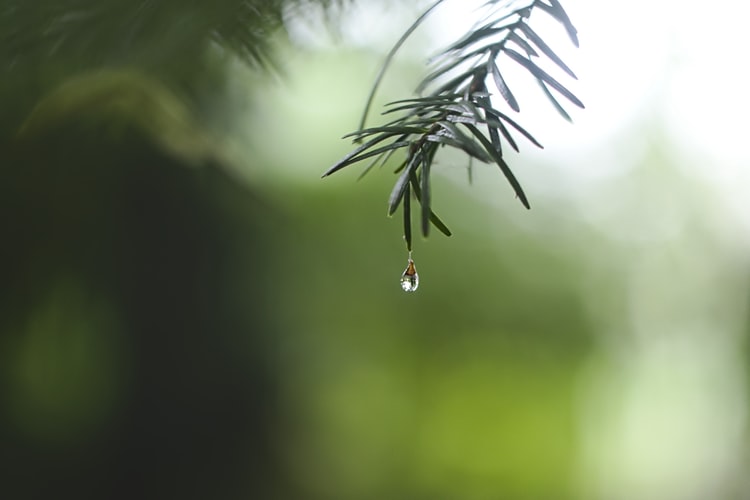Why aren’t we recycling more water?

Ireland isn’t known as the emerald Isle for nothing. Lush green fields have supported our major economy and agri-food industry (8% GDP) for as long as anyone can remember.
Water is a precious resource
It takes on average 1,020 litres of water to produce 1 litre of milk, 3,178 litres of water for 1kg of cheese and 15,415 litres of water to produce 1kg/beef.
A growing economy means a growing demand on water, and this is vying against a population increase that uses an average 260 litres per day – with a population of 4.8 million, that’s a staggering 1,248,000,000 litres per day.
This is set against a backdrop of decreased annual rainfall and predicted increasing in flooding events. So, where is all this extra water going to come from? The most obvious and easy answer is from the water we already have.
There are a large number of wastewater treatment technologies on the market, and these can be designed to help almost all of the food and beverage producers not only produce green energy from the waste, but with the use of membrane bioreactors (MBR) and reverse osmosis systems (RO) an 80% recycle rate can easily be achieved.
Why aren’t we recycling more?
Recycled water is already used extensively in the UK, so it is certainly not a technological issue, not only are reuse plants already in use, their operational costs are continually improving for the better, further highlighting the case for recycling wastewater. No, the issue is public perception. The idea of drinking recycled water still seems a big stretch for the public and as such, companies are reluctant to potentially damage their brands by reusing wastewater.
What’s the answer?
It must be around educating the public about where their water comes from and having a frank and honest discussion about the cost, both financial and to the environment. The amount of fresh water available on the planet is finite, however population increase and changes to the weather pattern means that there is an ever-increasing demand on a resource that isn’t always conveniently in the right place, so we must learn to be better shepherds of what we have available.